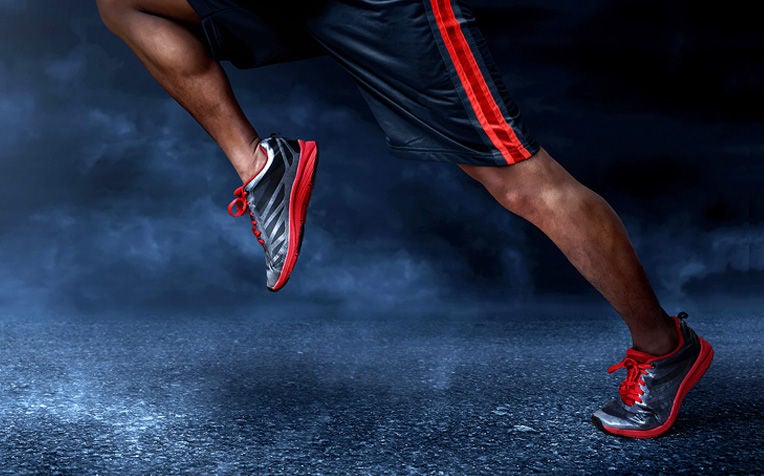
The ideal time to exercise during Ramadan is really a matter of personal preference as there are pros and cons to exercising during different times of the day.
How hard should I be exercising while fasting?
While light to moderate exercises are generally safe, engaging in unaccustomed high intensity and high volume of exercise, especially while fasting, may suppress or even lower your immunity levels, and is therefore not recommended," shares Dr Fadzil Hamzah, Staff Physician from the Department of Sport and Exercise Medicine at Changi General Hospital (CGH), a member of the SingHealth group.
Thus, do consult your physician before embarking on an exercise programme while fasting if you:
Are unsure of your health status
Have never exercised
Have chronic medical conditions, e.g. diabetes, heart disease, hypertension
Are pregnant
Feel unwell
What is the recommended amount of exercise while fasting?
"The recommended amount of exercise while you are fasting really depends on your physical activity levels prior to Ramadan," says Dr Fadzil.
If you have been sedentary and physically inactive
You should:
- Start low; go slow
- Aim to stay physically active everyday
- Break sedentary times as much as possible
- Incorporate more physical activities into your daily routines into your daily essential routines, e.g. walk instead of drive to the market
In the context of clocking in more steps and practising safe distancing as required, walking is appropriate. Do also avoid the peak periods, and walk a longer distance to avoid the crowded routes.
- Take the stairs instead of the lift
- Perform your daily house chores to keep your living environment clean
If you have been physically active and exercising regularly
You should:
- Continue with your current physical activity levels. It is not recommended to increase exercise frequency, intensity and duration when you are fasting
- Aim to exercise for maintenance; not to push your limits or set new personal records
- Always listen to your body and modify accordingly
When is a good time to exercise during Ramadan?
It really depends on your personal preference. However, there are some advantages and disadvantages to consider for the different times of day.
In the morning after sunrise (after Sahoor)
- Advantage: You may have more energy after a pre-fast meal (Sahoor)
- Disadvantage: You may run the risk of dehydration as there will be no opportunity to refuel thereafter until one breaks fast (Iftar)
In the evening before break fast (Iftar)
- Advantage: You will have ample opportunity to eat for recovery and hydrate at break fast (Iftar)
- Disadvantage: Minimal pre-exercise nutritional support
In the evening after break fast (Iftar)
- Advantage: This timing is ideal for many as it provides the opportunity to fuel and hydrate before and after exercise
- Disadvantage: This must be balanced against importance of rest/sleep. Avoid exercising 1-2 hours before bedtime to allow your adrenaline (stress hormones) to wind down for better sleep quality
Won't exercising make me thirsty while fasting?
Hydrate adequately to compensate for the loss of body fluids during physical activity or exercise when you are fasting.
- Good hydration is also essential for your immune system
- Drink at least 8-12 glasses of fluids (approximately 2 litres) daily between break fast (Iftar) and pre-dawn meal (Sahoor)
- Avoid caffeine-containing beverages (coffee); caffeine is a diuretic and may predispose you to dehydration
Read on for tips on how to exercise safely during Ramadan fasting (and COVID-19).
Ref: L20
Check out our other Ramadan articles:
Tips for Healthy Ramadan Fasting
Best foods to eat during Suhoor (pre-dawn meal)
Best foods to eat during Iftar (break fast)
Taking Medication During Ramadan
Tips for Safe Fasting When You Have Diabetes
Contributed by


















 Get it on Google Play
Get it on Google Play